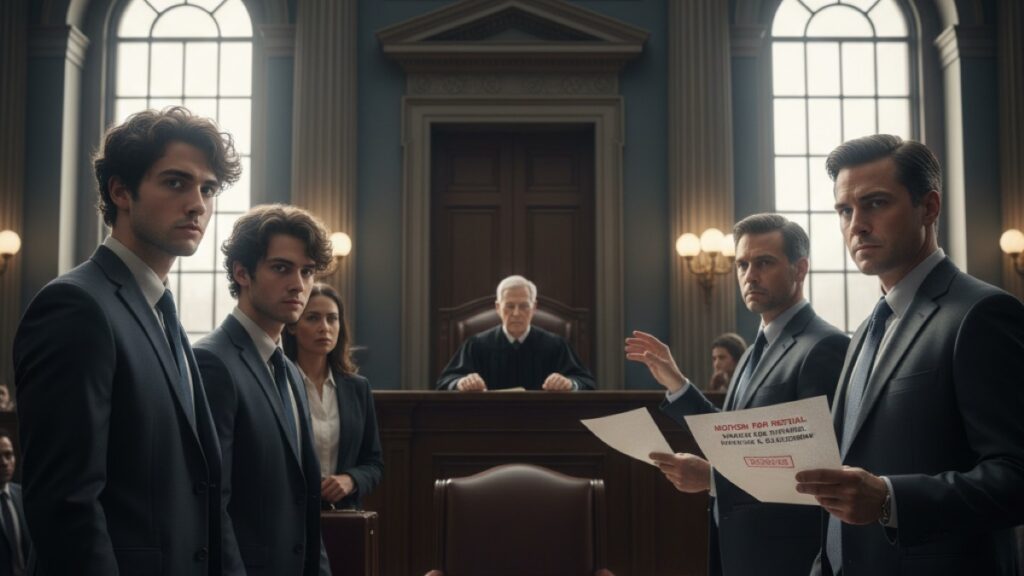TL;DR:
- Prosecutors seek a retrial for the MIT Crypto Brothers after a mistrial.
- The pair allegedly stole $25M using a blockchain “sandwich attack.”
- The case could define legal limits of blockchain exploits in U.S. courts.
Federal prosecutors are preparing to retry the so-called MIT Crypto Brothers, two former students accused of exploiting a blockchain network to steal tens of millions in digital assets. The decision follows last week’s mistrial, where jurors failed to reach a unanimous verdict after days of deliberation. The Department of Justice (DOJ) now aims to bring the case before a new jury as soon as next year.
Government pushes ahead after deadlocked jury in high-profile crypto theft case
The DOJ confirmed its intent to retry the brothers following a mistrial declaration by a Boston federal judge, underscoring the government’s determination to secure a conviction in one of the most closely watched crypto fraud cases in the United States. The case centers on brothers Anton and James Peraire-Bueno, accused of manipulating the Ethereum blockchain to siphon roughly $25 million worth of digital assets in under 12 seconds through a so-called “sandwich attack.”

Prosecutors argued that the defendants used their MIT engineering background to exploit a vulnerability in the Ethereum blockchain, executing a technically sophisticated maneuver that front-ran and back-ran transactions in the same block, effectively draining funds before the transactions could finalize. This strategy, typically used in decentralized finance arbitrage, was presented by prosecutors as a deliberate act of theft rather than an exploit within the bounds of protocol mechanics.
The defense maintained that the brothers’ actions were within the rules of decentralized systems, arguing that blockchain transactions, by nature, operate on public and permissionless code. Their attorneys insisted that the maneuver exploited “game theory” dynamics inherent to crypto markets rather than violating any explicit law. The split among jurors reflected this tension between technical complexity and legal definition, leading to a hung jury and subsequent mistrial.
With a retrial expected in 2026, the case could set a major precedent for how U.S. courts interpret blockchain exploits, determining whether manipulating decentralized protocols constitutes a federal crime. Beyond the Peraire-Bueno brothers, the verdict could shape future regulatory boundaries between innovation, exploitation, and criminal conduct in the fast-evolving crypto ecosystem.










